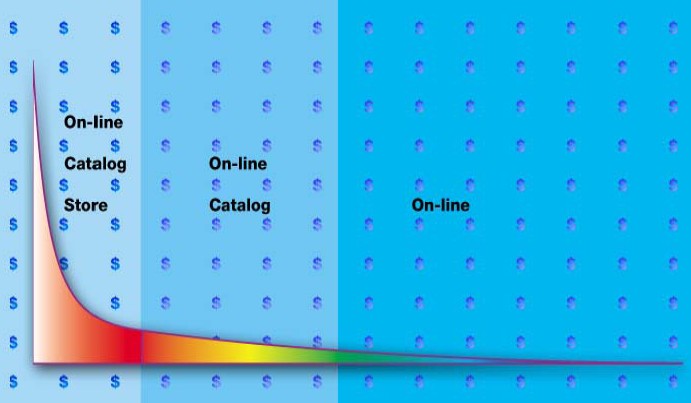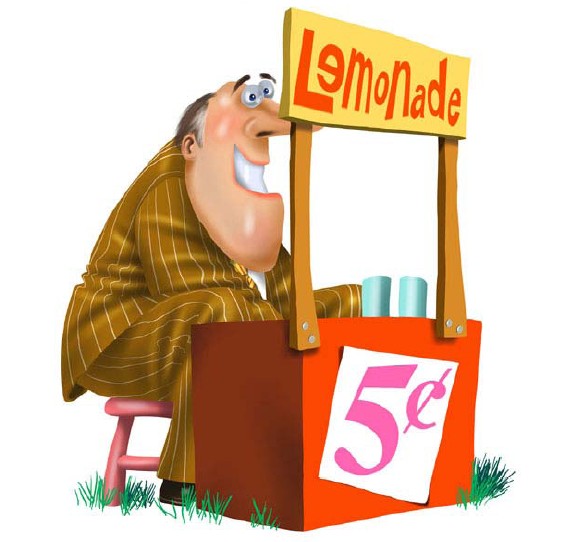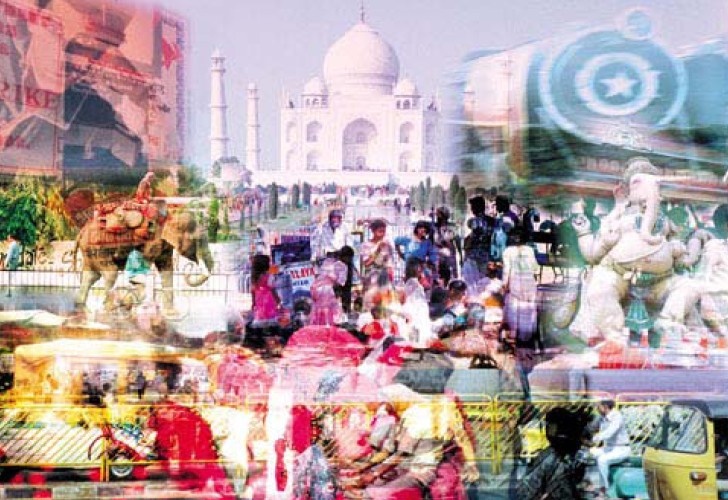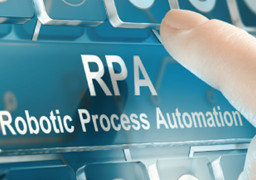|
 |
The Economics of the |
|
| Most people have heard of the 80-20 Rule. It was formulated in 1906 by an Italian economist named Vilfredo Pareto. In its original form, it states that 20 percent of the people will hold 80 percent of the wealth in any free economy. Further research has shown that it applies to many other aspects of the economy. |
|
|
 |
The Great Global Con |
|
| Most companies rely on about 14 percent of the worldлӯ© population ?the consumers with per capita spending power of $10,000 per year or greater ?to drive their revenues. Unfortunately, for the foreseeable future, growth in the population of affluent developed economies like the U.S., Japan, and the EU will be stagnant or declining. Fortunately, another 1.5 billion consumers will л°»merge?over the next five years, representing the largest consumption boom in human history. |
|
|
 |
The Entrepreneurial |
|
| Several forces are converging to make this an unprecedented time to start a business. And that trend is already bearing fruit. Consider the fact that the number of the nationвҖҷs smallest businesses, those which only employ their owners, increased by 2.2 million from 1997 to 2002, according to the Census Bureau. |
|
|
 |
Internet Gambling Ja |
|
| Internet gambling is growing at a phenomenal pace. In 1996, the industry consisted of 30 Web sites that brought in $30 million in wagers. But by 2004, more than 1,800 on-line casinos took in about $7.5 billion. |
|
|
 |
м—…л¬ҙ н”„лЎңм„ёмҠӨ мһҗлҸҷнҷ”мқҳ л¬јкІ° |
|
| мҪ”лЎңлӮҳ19лЎң мқён•ҙ м—…л¬ҙ н”„лЎңм„ёмҠӨ мһҗлҸҷнҷ”мқҳ мҶҚлҸ„м—җ к°ҖмҶҚмқҙ л¶ҷкі мһҲлӢӨ. м—…л¬ҙ н”„лЎңм„ёмҠӨ мһҗлҸҷнҷ”лҠ” мқёкіө м§ҖлҠҘ л“ұмқҳ кі м°Ёмӣҗм Ғмқё н”„лЎңм қнҠёк°Җ м•„лӢҲлқј, лӢ№мһҘ нҳ„мӢӨм—җм„ң нҷңмҡ© к°ҖлҠҘн•ң вҖҳ비мҡ© м Ҳк°җкіј нҡЁмңЁм„ұ мҰқлҢҖвҖҷмқҳ л°©лІ•мқҙлӢӨ. н•ңлІҲ кө¬м¶•лҗң мқҙлҹ¬н•ң м—…л¬ҙ н”„лЎңм„ёмҠӨлҠ” н–Ҙнӣ„ кІҪм ңк°Җ нҡҢліөлҗҳлҚ”лқјлҸ„ кі„мҶҚ мң м§Җ нҳ№мқҖ нҷ•лҢҖлҗ мҳҲм •мқҙлӢӨ. м§ҖкёҲ нҳ„мһ¬ м–ҙл–Ө мқјмқҙ лІҢм–ҙм§Җкі мһҲлҠ”к°Җ? |
|
|






 [155]ұЗ
[155]ұЗ 




